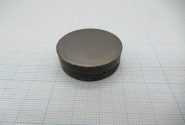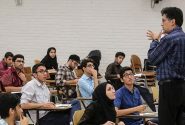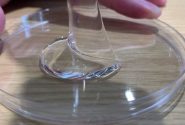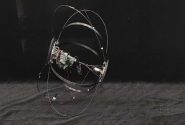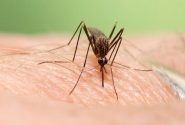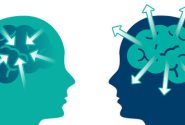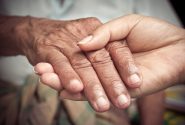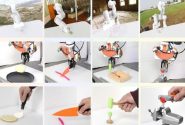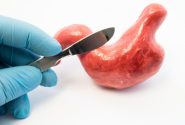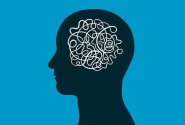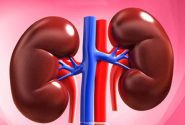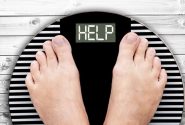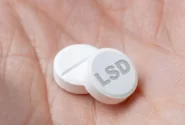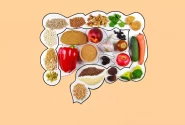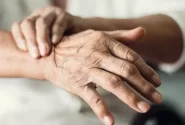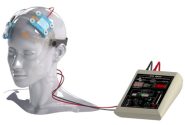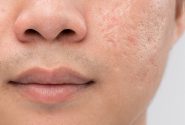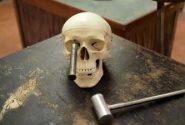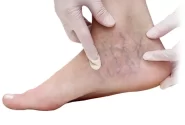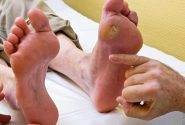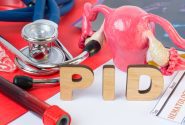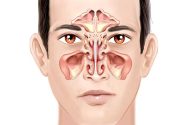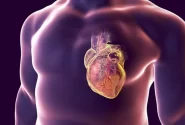به گزارش پایگاه خبری تحلیلی تسریر، به نقل از هلث دی نیوز، محققان گزارش می دهند که التهاب شدیدی که COVID در سایر اندام ها مانند ریه ها ایجاد می کند، به نظر می رسد به طور غیرمستقیم باعث آسیب قلبی مرتبط با عفونت می شود.
دکتر ماتایس نهرندورف، نویسنده ارشد این مقاله، یک استاد رادیولوژی در دانشکده پزشکی هاروارد، در یک بیانیه خبری گفت: «پس از عفونت کووید، سیستم ایمنی میتواند با ایجاد التهاب جدی در سراسر بدن به سایر اندامها آسیب وارد کند – و این علاوه بر آسیبی است که خود ویروس مستقیماً به بافت ریه وارد کرده است.»
برای این مطالعه، محققان نمونه های بافت قلب گرفته شده از ۲۱ بیمار را که به دلیل نارسایی ریوی مرتبط با کووید جان باختند، تجزیه و تحلیل کردند. این نمونهها با نمونههای ۳۳ بیمار که به دلایل غیرمرتبط با کووید جان خود را از دست دادند، مقایسه شد.
تیم تحقیقاتی به طور خاص بر روی سلول های ایمنی به نام ماکروفاژهای قلبی تمرکز کردند. این سلول ها به طور معمول با حفظ متابولیسم و پاکسازی باکتری های مضر به سالم نگه داشتن بافت قلب کمک می کنند، اما می توانند در پاسخ به حمله قلبی یا نارسایی قلبی باعث التهاب مضر شوند.
محققان دریافتند که عفونت کووید، تعداد کل ماکروفاژهای قلبی را در بافت قلب انسان افزایش میدهد و باعث میشود که از روال عادی خود خارج شده و التهابی شوند.
نهرندورف گفت: این التهاب می تواند قلب را ضعیف کند.
مطالعه روی موش آنچه را که محققان در نمونههای بافت انسانی یافتند تأیید کرد. به گفته محققان، موشهای آلوده به کووید، پاسخهای ایمنی به اندازهای قوی داشتند که باعث تغییر همان ماکروفاژ قلب از مفید به مضر شود.
نهرندورف گفت: «این یافتهها را میتوان بهطور کلیتر نیز به کار برد، زیرا نتایج ما نشان میدهد که هر عفونت شدید میتواند امواج شوک را در کل بدن ارسال کند.»
تیم تحقیقاتی همچنین دریافتند که مسدود کردن پاسخ ایمنی در موش ها با درمان آنتی بادی، جریان ماکروفاژهای التهابی قلبی را متوقف کرده و از آسیب قلبی جلوگیری می کند.
میشل اولیو، محقق و دانشیار برنامه تحقیقات ترجمه اولیه در موسسه ملی قلب، ریه و خون، در بیانیهای گفت: «سرکوب التهاب از طریق درمانها ممکن است به به حداقل رساندن این عوارض کمک کند.»
نهرندورف گفت: «با این حال، اقدامات پیشگیرانه برای کمک به بیماران مبتلا به کووید برای جلوگیری از آسیب قلبی باید روی انسان آزمایش شود.»
مطالعه جدید در مجله Circulation منتشر شده است.
COVID-19 can damage a person’s heart even if the coronavirus doesn’t directly infect the heart tissue, a new study has found.
The severe inflammation that COVID causes in other organs, like the lungs, appears to indirectly cause heart damage associated with the infection, researchers report.
“After a COVID infection, the immune system can inflict remote damage on other organs by triggering serious inflammation throughout the body – and this is in addition to damage the virus itself has directly inflicted on the lung tissue,” senior author Dr. Matthais Nahrendorf, a professor of radiology at Harvard Medical School, said in a news release.
For the study, researchers analyzed heart tissue samples taken from 21 patients who died with COVID-related lung failure. These samples were compared to specimens from 33 patients who died from causes unrelated to COVID.
The research team specifically focused on immune cells called cardiac macrophages. These cells normally help keep heart tissue healthy by sustaining metabolism and clearing out harmful bacteria, but can cause harmful inflammation in response to a heart attack or heart failure.
Researchers found that COVID infection increased the total number of cardiac macrophages in human heart tissue, and caused them to shift from their normal routine and become inflammatory.
This inflammation can weaken the heart, Nahrendorf said.
A mouse study confirmed what researchers found in human tissue samples. Mice infected with COVID had immune responses strong enough to cause the same heart macrophage shift from helpful to harmful, researchers said.
“These findings can also be applied more generally, as our results suggest that any severe infection can send shockwaves through the whole body,” Nahrendorf said.
The research team also found that blocking the immune response in mice with an antibody treatment stopped the flow of inflammatory cardiac macrophages and prevented heart damage.
This suggests that “suppressing the inflammation through treatments might help minimize these complications,” researcher Michelle Olive, associate director of the Basic and Early Translational Research Program at the National Heart, Lung, and Blood Institute, said in a news release.
However, preventive measures to help COVID patients avoid heart damage need to be tested in humans, Nahrendorf said.
The new study appears in the journal Circulation.
تسریر مراقب سلامتی شماست!


